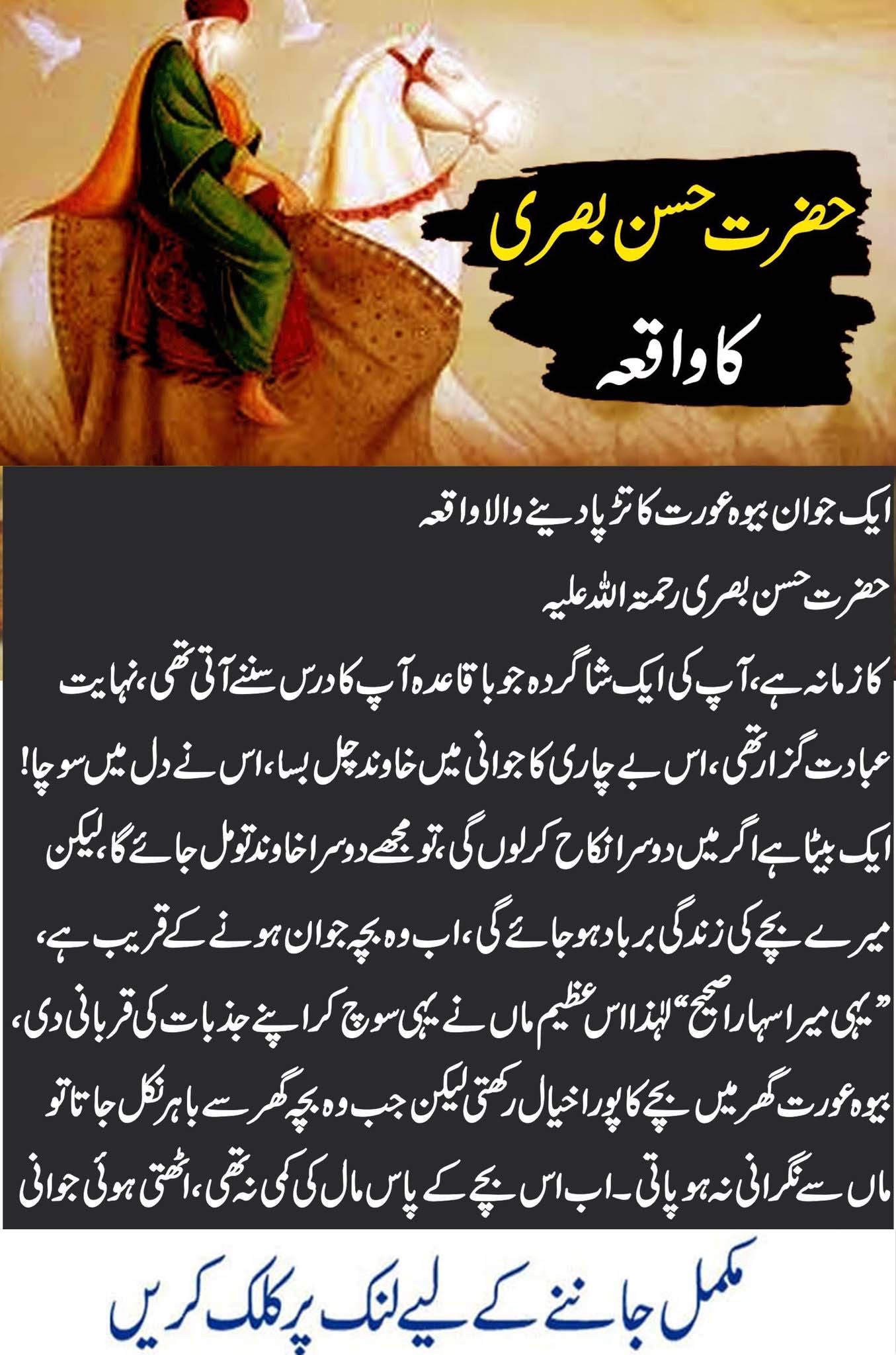Young widowhood is a unique experience that has received little in-depth attention in research and clinical settings. The present study examined the lived experiences of young men and women who had lost a spouse. Eleven men and women between the ages of 18 and 49 were interviewed about their experiences postloss using phenomenological methods. After coding the interviews, three themes emerged: (1) relationship prior to death, (2) coping, and (3) concerns. Clinical implications included the need for more accessible resources for young widowed individuals, such as therapeutic services, finances, and childcare.
Similar articles

The time course of grief reactions to spousal loss: evidence from a national probability sample.Carnelley KB, Wortman CB, Bolger N, Burke CT.J Pers Soc Psychol. 2006 Sep;91(3):476-92. doi: 10.1037/0022-3514.91.3.476.PMID: 16938031
Experiences of becoming widowed in old age – a cross-countries study with qualitative interviews from Denmark and quantitative measures of association in a Swedish sample. Blanner C, Elliott A, Hjorth P, Søndergaard J, Mattisson C, Andersen K.Int J Qual Stud Health Well-being. 2021 Dec;16(1):1871181. doi: 10.1080/17482631.2020.1871181.PMID: 33541253 Free PMC article.
Spousal bereavement: the lived experience of young Canadian widows.Lowe ME, McClement SE.Omega (Westport). 2010-2011;62(2):127-48. doi: 10.2190/om.62.2.c.PMID: 21375118
Conducting longitudinal research with older widows: Exploring personal communities through multiple methods.Collins T.J Women Aging. 2017 Mar-Apr;29(2):102-114. doi: 10.1080/08952841.2015.1072026. Epub 2016 Jul 18.PMID: 27428026 Review.
Widowhood and spirituality: coping responses to bereavement.Michael ST, Crowther MR, Schmid B, Allen RS.J Women Aging. 2003;15(2-3):145-65; discussion 185-7. doi: 10.1300/J074v15n02_09.PMID: 14604006 Review
